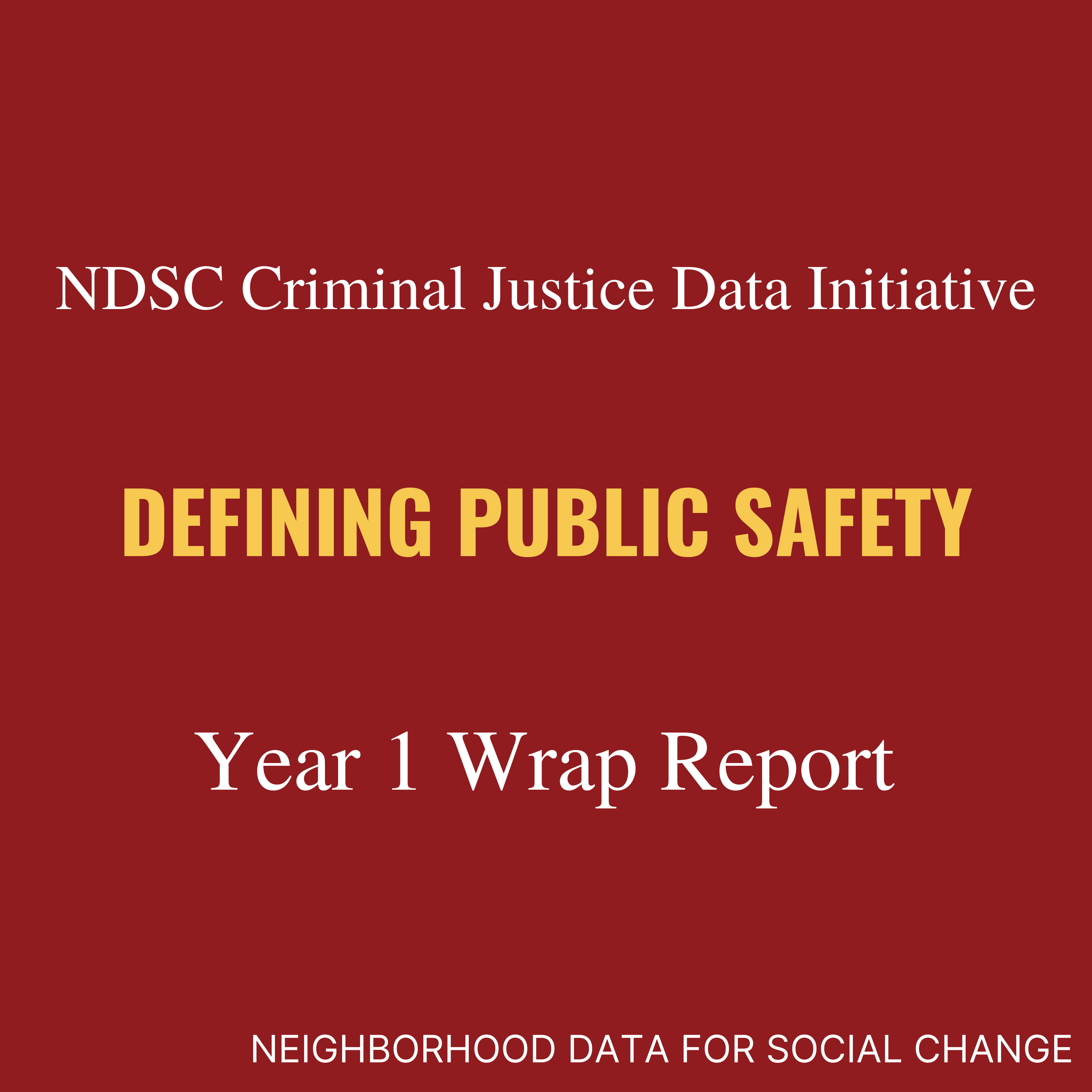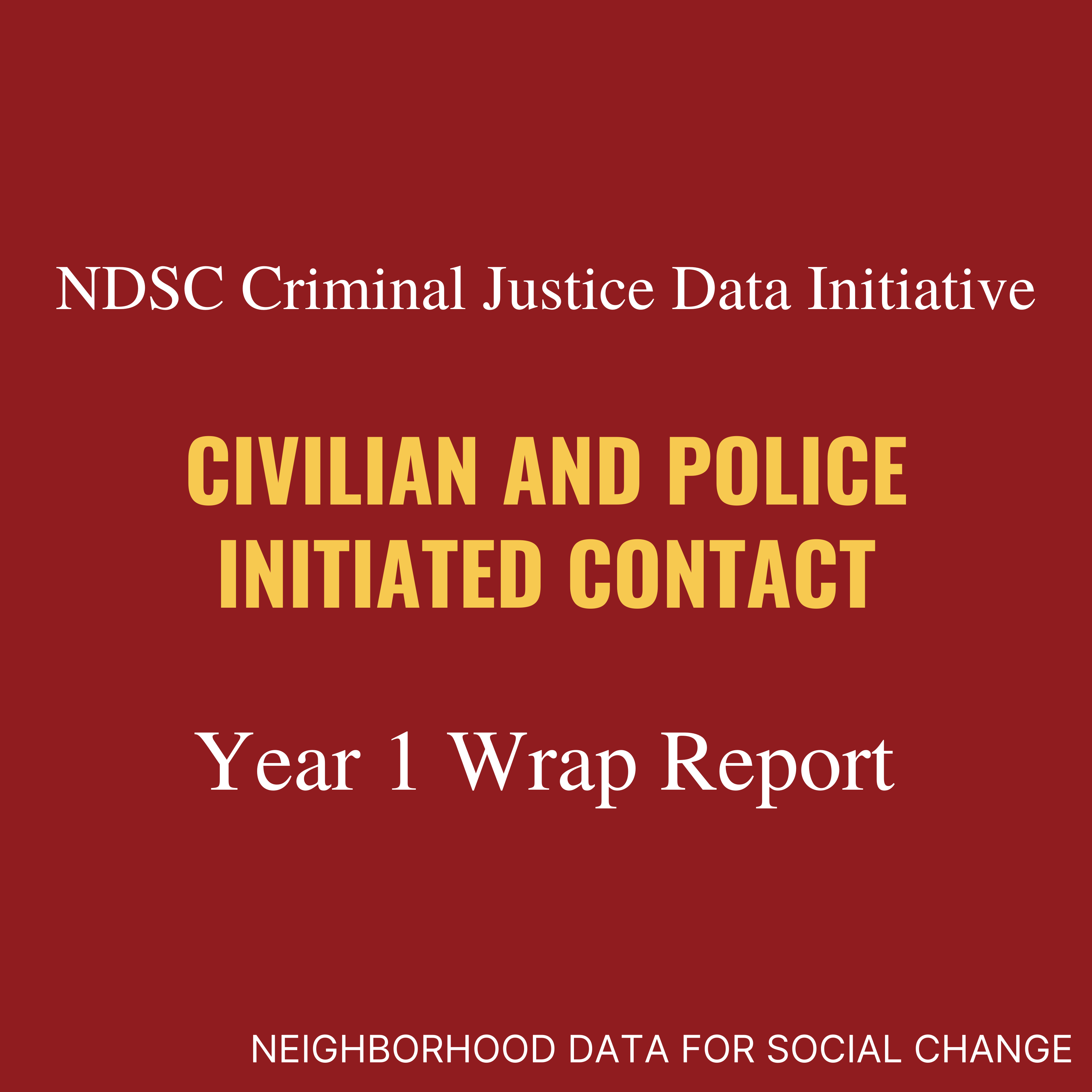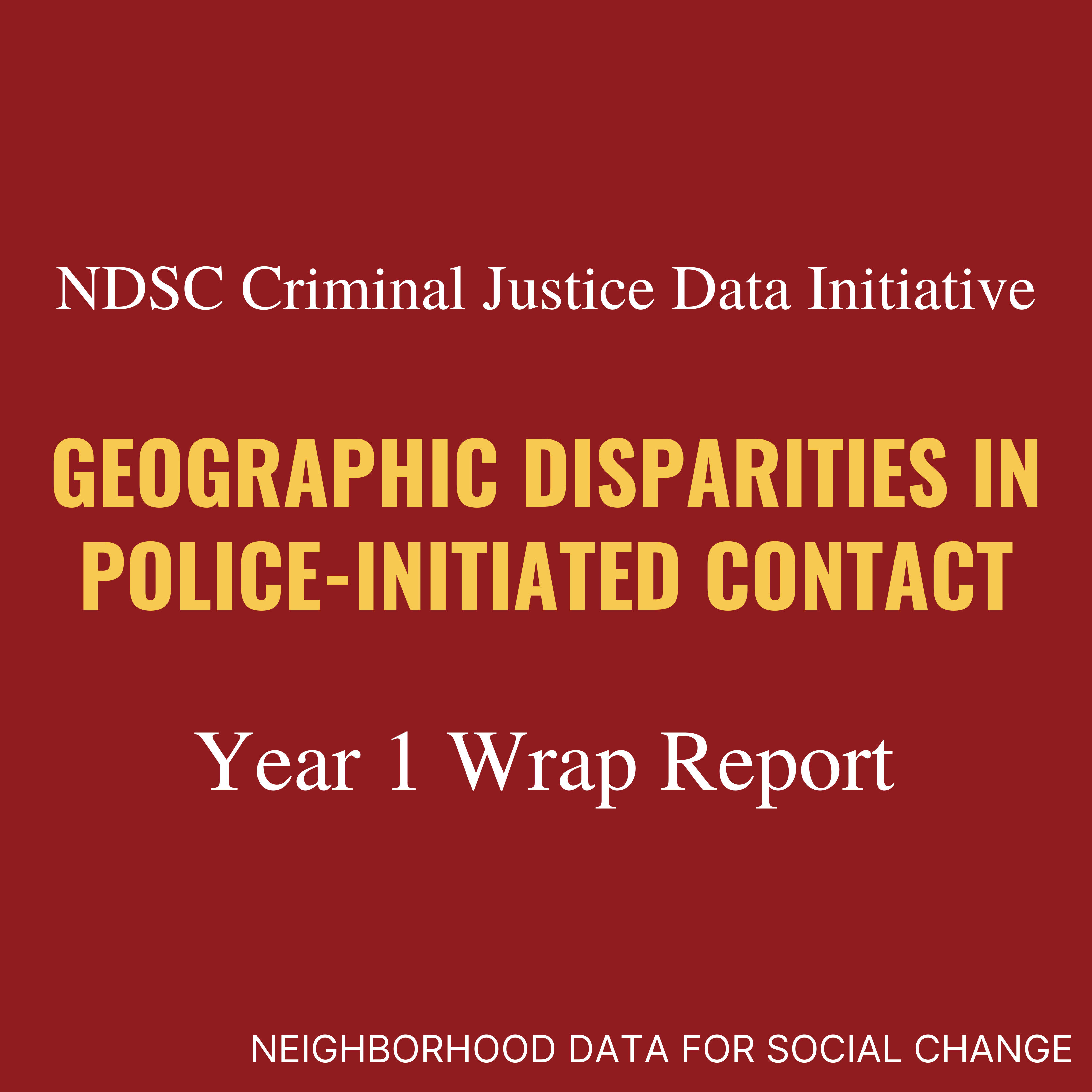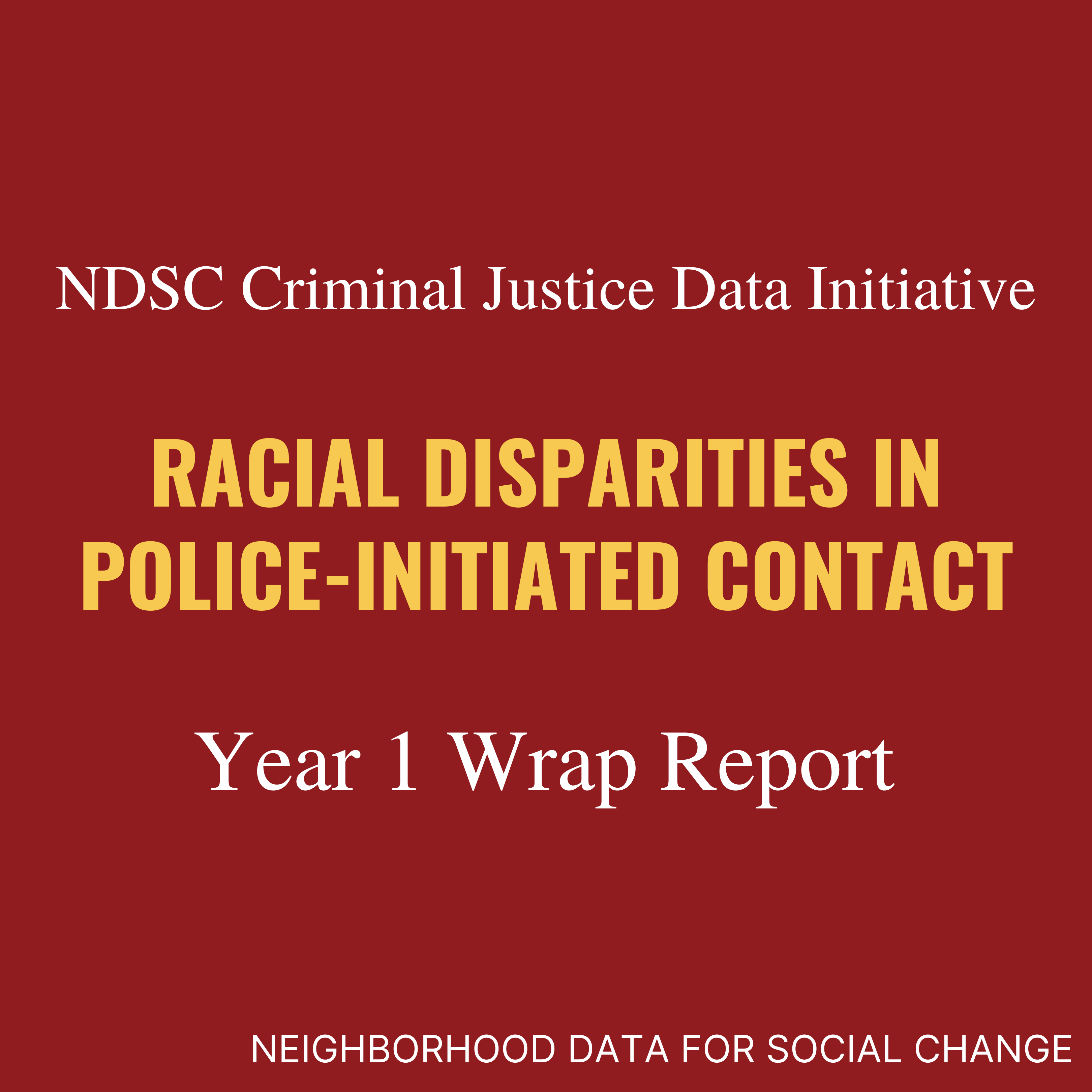EXECUTIVE SUMMARY
The past decade has elevated the urgent need for police reform, brought to the forefront by high-profile police killings and movements like #BlackLivesMatter. To better understand conceptions of public safety and support the growing public interest in criminal justice reform, the USC Price Center for Social Innovation partnered with Microsoft and the USC Price Safe Communities Institute to launch the NDSC Criminal Justice Data Initiative in the spring of 2019. The project featured three main components —
- A community engagement process that included stakeholder convenings and listening sessions to understand how law enforcement and community representatives think about public safety and use data in their work;
- Public safety data collection, aggregation and dissemination at the neighborhood level; and
- Storytelling that pairs data analysis with narrative-based insights into public safety trends across Los Angeles County neighborhoods.
This report provides an overview of the project strategy along with key findings from analyses of listening sessions and public safety data, including arrests, stops by police, and calls for service.
KEY FINDINGS
- People of color across all neighborhoods — especially people who identify as Black — are stopped at higher rates by the police than other groups. Across the City, Black Angelenos are stopped and arrested three times as often as White and Latino Angelenos.
- Listening session participants expressed the harmful psychological impact of racial profiling by law enforcement and the lack of investments in community programs, education, and health services, particularly in South Los Angeles.
- Across the city of Los Angeles, civilian-initiated contact with the police, measured through calls for service, has steadily increased over the last decade. By contrast, police-initiated contact with civilians, measured through vehicle and pedestrian stops, decreased drastically in the beginning of the decade and then rose slightly after 2016.
- From 2011 – 2018, LAPD consistently stopped more people in South Los Angeles than other parts of the city.
- While definitions of public safety differed largely among stakeholder groups, almost all agreed that it includes intangible elements such as community belonging, connectedness, and opportunities to thrive and be free.
Read the NDSC Criminal Justice Data Initiative: Year 1 Wrap Report
Visit Neighborhood Data for Social Change || Visit USC Price Safe Communities Institute
Report Authors:
- Elly Schoen, Data and Project Manager
- Dr. Erroll Southers, Director, Safe Communities Institute
- Dr. Gary Painter, Director, Homelessness Policy Research Institute
RELATED ARTICLES
READ: Announcing the NDSC Criminal Justice Data Initiative
WATCH: NDSC Criminal Justice Data Initiative Inaugural Convening
READ: Highlights from the Launch of NDSC Criminal Justice Data Initiative
READ: Price Partners with Microsoft for Criminal Justice Data Project
WATCH: Tracking LAPD Police Stops
ABOUT
Neighborhood Data for Social Change
The Neighborhood Data for Social Change (NDSC) is a free, publicly available online resource for civic actors in Los Angeles County to learn about their neighborhoods. NDSC illuminates the trends, challenges, and opportunities facing Los Angeles County neighborhoods by curating and disseminating neighborhood-level (down to the census tract) data across ten different policy areas: health, environment, housing and real estate, transportation, food insecurity, social connectedness, demographics, education, employment and income, and public safety.
The Safe Communities Institute (SCI) at the University of Southern California Sol Price School of Public Policy engages in research, interdisciplinary education, and collaboration to advance sustainable public safety strategies, policies, and programs. The Institute’s mission is three-fold: reaching people with a new understanding of public safety that hinges on education, community engagement, awareness, and research; advancing violence prevention strategies, policies, and research; and contributing to global security in a time of increasing threats. SCI provides a 21st-century approach to public safety by adopting a multidisciplinary “whole-of-community” methodology, which informs SCI educational programs, research projects, and community engagement. Dr. Erroll G. Southers is the Director of the Safe Communities Institute and Homegrown Violent Extremism Studies at the University of Southern California Sol Price School of Public Policy, where he is also a Professor of the Practice in National & Homeland Security.








